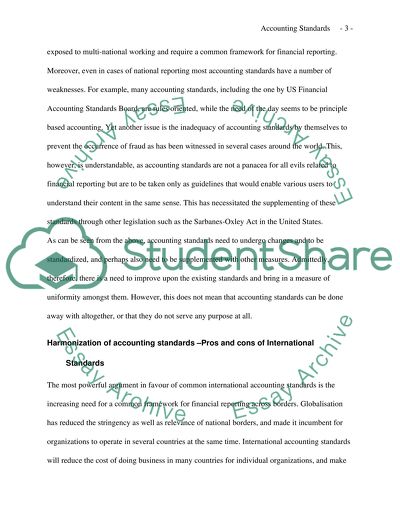Cite this document
(Necessity of Accounting Standards Assignment Example | Topics and Well Written Essays - 2019 words, n.d.)
Necessity of Accounting Standards Assignment Example | Topics and Well Written Essays - 2019 words. Retrieved from https://studentshare.org/finance-accounting/1546742-advanced-financial-accounting
Necessity of Accounting Standards Assignment Example | Topics and Well Written Essays - 2019 words. Retrieved from https://studentshare.org/finance-accounting/1546742-advanced-financial-accounting
(Necessity of Accounting Standards Assignment Example | Topics and Well Written Essays - 2019 Words)
Necessity of Accounting Standards Assignment Example | Topics and Well Written Essays - 2019 Words. https://studentshare.org/finance-accounting/1546742-advanced-financial-accounting.
Necessity of Accounting Standards Assignment Example | Topics and Well Written Essays - 2019 Words. https://studentshare.org/finance-accounting/1546742-advanced-financial-accounting.
“Necessity of Accounting Standards Assignment Example | Topics and Well Written Essays - 2019 Words”, n.d. https://studentshare.org/finance-accounting/1546742-advanced-financial-accounting.


